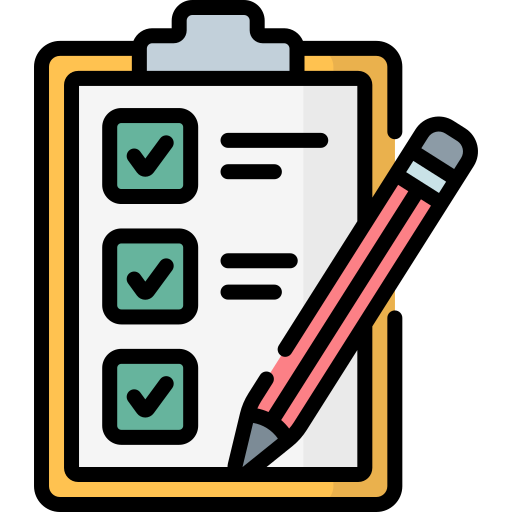
This logo isn't an ad or affiliate link. It's an organization that shares in our mission, and empowered the authors to share their insights in Byte form.
Rumie vets Bytes for compliance with our
Standards.
The organization is responsible for the completeness and reliability of the content.
Learn more
about how Rumie works with partners.

Congrats!
You've decided to apply to college. You've got a lot of important decisions to make!
But first, you need to apply and get accepted.
A letter of recommendation is a typical requirement for most universities. Requesting a letter can be daunting and sometimes nerve-racking! Understanding the process and being fully prepared will make the process easier.
Professional vs Personal References
When requesting a letter of recommendation, consider who you ask wisely! References should be professional in nature unless otherwise stated.

Professional: someone you've worked closely with who can speak on your abilities.
Teachers
Employers
Volunteer or internship supervisors

Personal: someone who knows you outside of work or school and can speak on your character or values.
Coaches
Faith leaders
Mentors
For college applications, academic references are strongly encouraged. Asking a teacher or instructor is the best option.
Quiz
Which of the following would NOT be a professional reference? Select all that apply:
A family friend or a mentor would be personal references.
Did you know?
Tip: if you're a community college student transferring to a four-year institution, it's best to ask a college instructor, rather than a teacher from high school!
Consider Who to Ask
Ideally, you want to ask someone who you've known and worked closely with for at least a year. Consider 2-3 people who you feel confident asking for a letter of recommendation, in case they are busy or decline.

Understandably, this may be difficult for high schoolers who have limited work experience or have new teachers each semester! Forming genuine relationships early on and staying connected will make it easier when it comes time to request recommendations.
You want your recommendation to be
strong
personalized
detailed
Asking someone who may not know you well will result in a generic, weak letter of recommendation. You want to stand out in your college application!
Did you know?
Tip: if you don't need the letter right away, ask if they'd be willing to write a letter in the future and gather their contact information. That way, if they move away or you're out of touch for a while, you'll know where you can contact them.
Request a Letter of Recommendation
Be prepared for rejection! Remember, while it is part of a teacher's job to write letters of recommendation, you're not entitled to a letter. Teachers are very busy and are often writing letters of recommendation for many other students at the same time.

Discuss with your recommender ahead of time! Talk about your goals and plans for the future and what you learned from their class or how it prepared you for your future.
Ask in person, if possible! Don't put them on the spot. Instead, offer to provide any materials and ask them to follow up with you once they've had a moment to decide.
Provide Materials
Great! They've said yes! Now what?

Give them plenty of time. Remember, they're busy, too! A common courtesy is at least 2-4 weeks before the letter is due. Make sure to provide deadlines and instructions.
Provide any helpful materials. Some teachers will ask for a resume, a draft of your personal statement, or a brag sheet. You can remind them of accomplishments or personal strengths that you want them to highlight.
Send friendly, concise reminders before the due date. 1-2 reminders should be sufficient. Don't overwhelm them with too many emails!

Be sure to send a thank-you email or card after they've submitted the letter of recommendation. You might need them in the future for a scholarship application or college program!
Take Action

Before you request a professional letter of recommendation, take these steps!